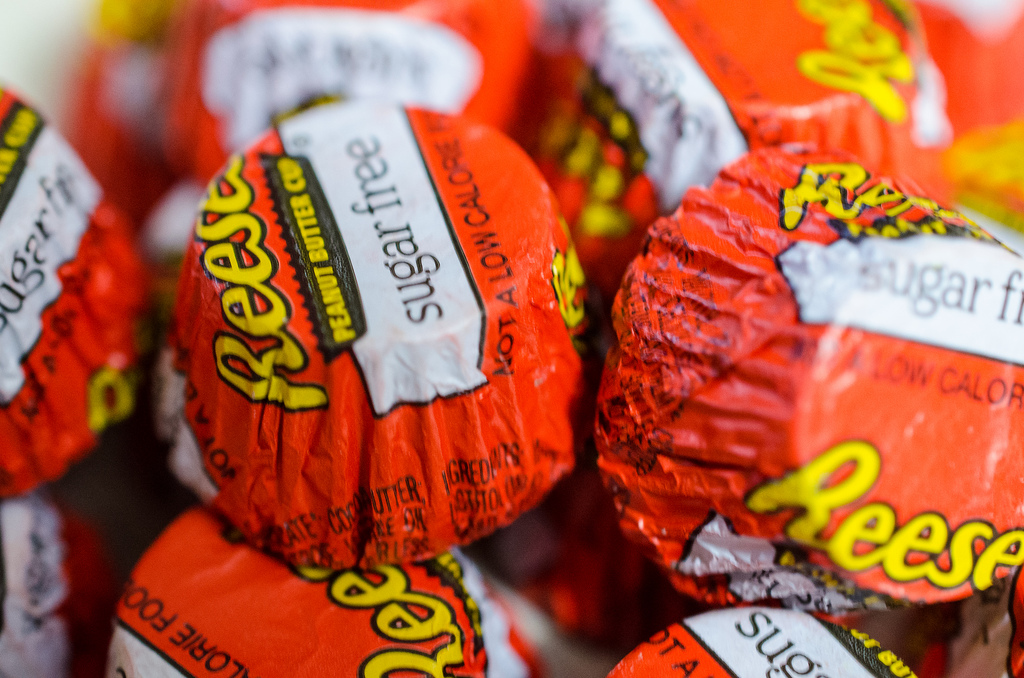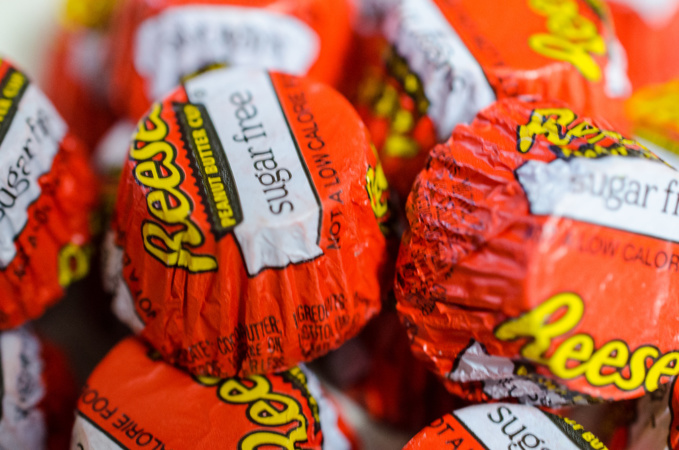The Annual Health & Wellness Progress Report of the international consulting company Deloitte contains information on what measures the largest consumer companies around the world take to make a positive contribution to protect people's health and stimulate them to lead a healthy lifestyle. The report notes that "the actions of the companies participating in the study are consistent with two of the sustainable development goals identified by the UN: achieving a world situation when there is no hunger, and creating mechanisms and partnerships that promote positive changes in the world."
83 companies took part in the current report; 15 of them are participating in this study for the first time. The survey participants generate aggregate annual revenue of $ 3.1 trillion, of which 39% are retailers, 47% are food and beverage manufacturers, and 10% are producers of health care products. The study includes such large and famous companies as Coca-Cola, PepsiCo, Barilla, Danone, Ferrero, L`Oreal, Johnson & Johnson, Henkel, Heineken, Metro, Spar, Wal-Mart, Proctor & Gamble. In 2017, 68% of the manufacturing companies reduced the sugar content in their products, 75% of the companies lowered the content of salt in their products. Also, 50% of companies reduced the content of trans-fats (unsaturated fats) in their products, 88% of companies introduced products whose recipes were changed in line with trends in healthier eating, and 24% of companies reported a change in the composition of their existing portfolio products.
The report also states that "the respondents are ready to stop marketing campaigns for products for children under 12 years old, if they do not meet the requirements for such categories of goods, according to international generally accepted recommendations in the field of healthy eating; label products in such a way as to help customers make an informed choice in favor of a healthy product." In addition, the respondent companies "are ready to make the company's policy regarding the production of food products public and available to everyone who wants."
Deloitte's findings are supported by other studies on the consumer market trends. In late January, Euromonitor International released a report on what trends will be key to the consumer market, highlighting the ten most significant areas. One of them was the growing attention of consumers to their health status - the fashion for a healthy lifestyle (clean life). The Euromonitor International report notes that representatives of the younger generation, the millenials, increasingly refuse to use tobacco, alcohol and other bad habits. Business is already learning to meet these consumer sentiments by organizing yoga courses, healthy food and home cooking. Manufacturers of beverages and food products are also restructuring, expanding the range of non-alcoholic beers, organic juices, low-carb beverages, low-fat or lactose-free products.
source: deloitte.com
83 companies took part in the current report; 15 of them are participating in this study for the first time. The survey participants generate aggregate annual revenue of $ 3.1 trillion, of which 39% are retailers, 47% are food and beverage manufacturers, and 10% are producers of health care products. The study includes such large and famous companies as Coca-Cola, PepsiCo, Barilla, Danone, Ferrero, L`Oreal, Johnson & Johnson, Henkel, Heineken, Metro, Spar, Wal-Mart, Proctor & Gamble. In 2017, 68% of the manufacturing companies reduced the sugar content in their products, 75% of the companies lowered the content of salt in their products. Also, 50% of companies reduced the content of trans-fats (unsaturated fats) in their products, 88% of companies introduced products whose recipes were changed in line with trends in healthier eating, and 24% of companies reported a change in the composition of their existing portfolio products.
The report also states that "the respondents are ready to stop marketing campaigns for products for children under 12 years old, if they do not meet the requirements for such categories of goods, according to international generally accepted recommendations in the field of healthy eating; label products in such a way as to help customers make an informed choice in favor of a healthy product." In addition, the respondent companies "are ready to make the company's policy regarding the production of food products public and available to everyone who wants."
Deloitte's findings are supported by other studies on the consumer market trends. In late January, Euromonitor International released a report on what trends will be key to the consumer market, highlighting the ten most significant areas. One of them was the growing attention of consumers to their health status - the fashion for a healthy lifestyle (clean life). The Euromonitor International report notes that representatives of the younger generation, the millenials, increasingly refuse to use tobacco, alcohol and other bad habits. Business is already learning to meet these consumer sentiments by organizing yoga courses, healthy food and home cooking. Manufacturers of beverages and food products are also restructuring, expanding the range of non-alcoholic beers, organic juices, low-carb beverages, low-fat or lactose-free products.
source: deloitte.com



















